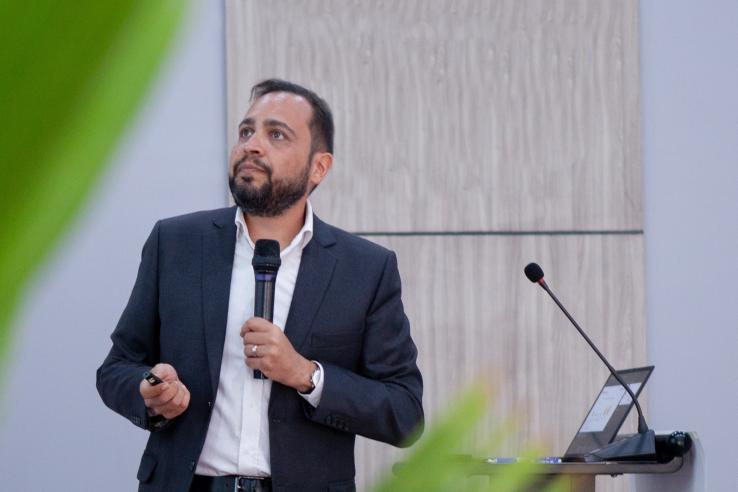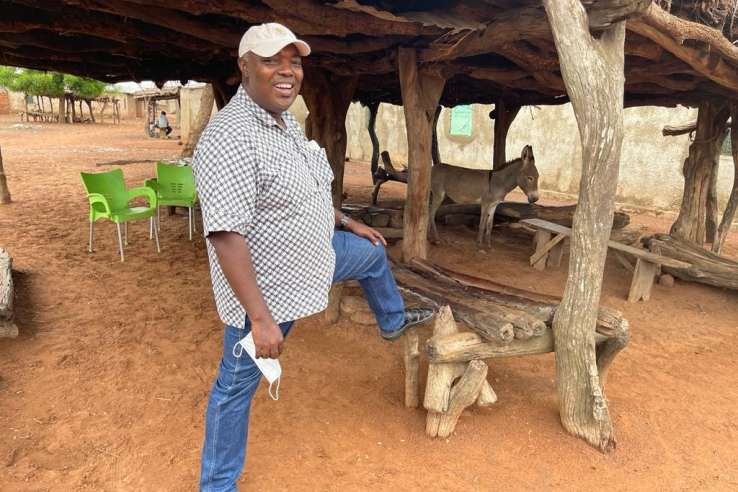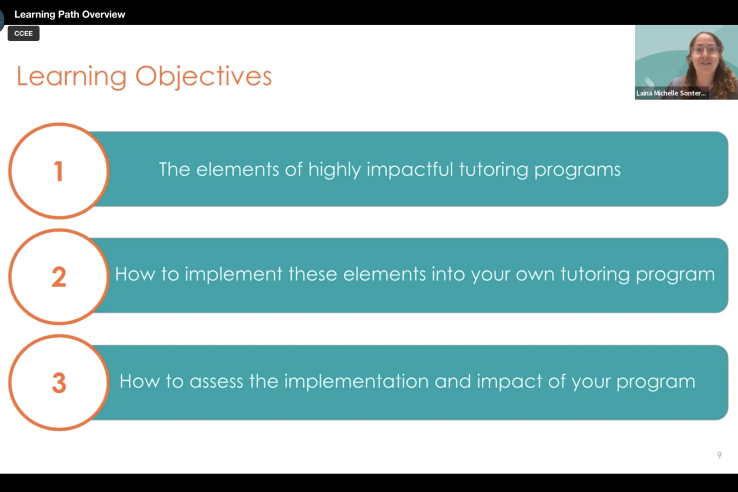Displaying 2896 - 2910 of 8488
Resource
Basic page
At J-PAL we actively work to ensure all members of our community, including our staff, researchers, and those associated with our implemented or funded projects and events, are respected, supported, and valued. This is a key component of our commitment to strengthening our network and is a core...
Blog
Héctor Salazar Salame, J-PAL '15 and the founding Executive Director of J-PAL Southeast Asia, reflects on the multi-dimensional approach needed to advance evidence-based social policy and lessons learned from his career in development policy. He currently serves as the Country Representative of The...
Resource
Basic page
J-PAL affiliates have been undertaking 18 research projects in South Asia (including new research as well as expanding on existing projects) to understand the effects of the Covid-19 pandemic and the lockdown on the region’s most vulnerable populations.
Resource
Basic page
J-PAL South Asia, with its mission of mobilizing evidence to improve policy making, is providing policy advisory support and engaging in new research within the framework of existing engagements and partnerships with state and central governments in the region.
Blog
The fifth installment of our Staff Spotlight series features five J-PAL North America staff members who support our work through their roles on the finance and operations team, which provides key support to the work of J-PAL North America, from hiring to budget management to fundraising.
Update
J-PAL Updates
We at J-PAL North America grieve and condemn the ongoing displays of police violence and systemic racism in the United States and acknowledge the physical and emotional distress they cause. This grief and trauma is especially deep for Black communities, and for our staff, partners, and affiliated...
Blog
Robert Darko Osei is an associate professor at the Institute of Statistical, Social and Economic Research and Dean for the School of Graduate Studies at the University of Ghana. Robert also serves as co-chair of the Digital Agricultural Innovations and Services Initiative (DAISI), which funds...
Update
J-PAL Updates
J-PAL North America's November newsletter features an interview with new affiliate Elizabeth Linos and a behind-the-scenes story about the creation of our newest tutoring implementation resource.



